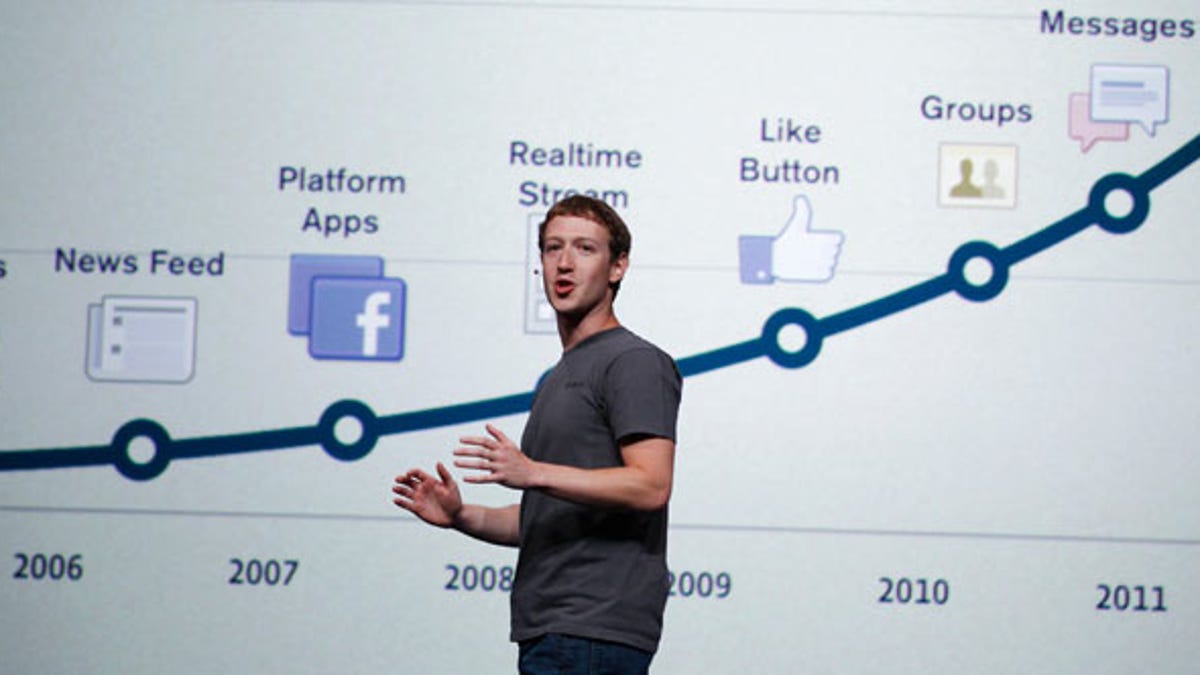The long road to a billion users
Windows got there, and Facebook did it faster. Asymco analyst Horace Dediu handicaps the high-tech aspirants to the truly high-volume threshold.

Big round numbers always make for a handy talking point, and so it is with 1 billion.
For several years, Asymco analyst Horace Dediu has been looking at what he calls the "race to a billion" -- as in, 1 billion users -- by a variety of tech products and services, from the PC to the Wii and the iPod, from AOL to Facebook, from BlackBerry to iOS to Android, and so on. And right, it's not always an apples to apples to apples comparison.
In his latest musings on the matter, looking back at a mass of statistics for 2012, Dediu has refined the label to "the race to one billion users in less than a decade." So far, only Facebook has hit that mark, having declared its billion-user status last October, a bit less than nine years after its launch. (Sorry, Microsoft: "Although Windows reached one billion first," Dediu writes, "it did so slowly enough to be off the scale" of the analyst's crowded, cramped-for-space chart.)
Who's next to a billion, and when? "The second looks to be Android (probably this year) and the third iOS (sometime next year)," Dediu predicts. And they might even outdo the mammoth social network eventually, he says: "Although Facebook did reach 1 billion rather quickly the slopes of Android and iOS indicate that they may overtake it in overall ecosystem size."
That may be a little while yet. The smartphone market as a whole only just crossed the billion-user threshold in the third quarter of 2012, having taken some 16 years to get there, according to researcher Strategy Analytics.
The slopes have proven more treacherous for other mobile platforms, and that will likely be the case for Windows Phone despite a reasonably auspicious start, according to Dediu. "Windows Phone began by tracking the Android/iOS ramps but seems not to be accelerating into its second year in a way that implies potential parity," he said.
Game consoles, meanwhile, may never approach the billion-user mark, as they "seem to saturate at below 100 million total," Dediu said.
And in Dediu's reckoning, that's a significant shortfall. Here's why 1 billion matters, he says:
First, because it is the "high-water mark" set by Windows and signifies what a global platform needs to become to be essentially "universal." Second, because it implies sustainability. A threshold perhaps from which network effects are sufficient to sustain (assuming some switching costs and an ability and willingness to adapt e.g., software, content or time investments from users.) Third, because it implies sufficient value to the ecosystem (assuming a monetization mechanism exists e.g., Windows software developers and IT managers.)
Somebody better tell that to Twitter, which compliments itself as "the world's digital water cooler." (And which, oddly, was left off Dediu's chart.) It stands for now at a mere 200 million active monthly users.

